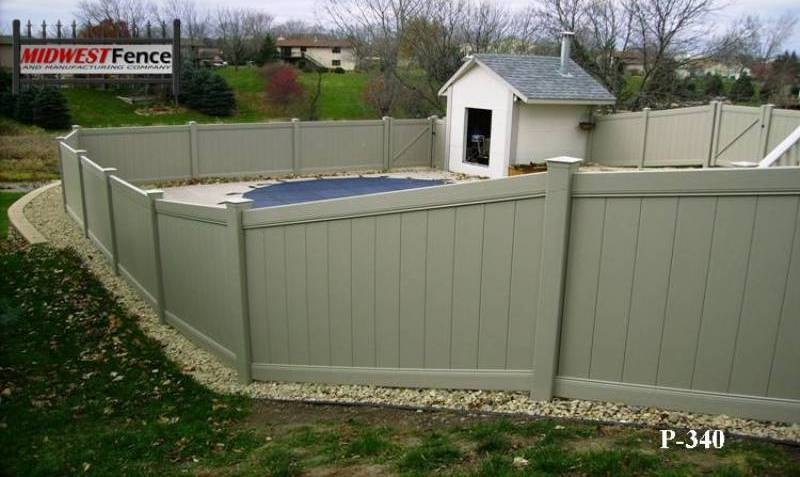Your decision to add a fence to your property may have been made for a specific — or variety of — reasons, including:
- Protection – Fences can provide security to a home, by keeping people or animals from entering a yard.
- Appearance – A fence can provide an attractive or decorative element to landscaping, a garden or a house.
- Safety – Fencing can keep pets or children from leaving a yard.
- Privacy – Fencing can enclose an area to wandering eyes.
- Legal – Local laws may require a fence to surround a pool to protect it from wandering children or animals.
- Boundary marking – Fences can be used to clearly define a property line.
 Understanding the purpose of building a fence can help decide the best material for it. Some fence materials are stronger and sturdier than others, some fence materials weather better than others, and some are more attractive.
Understanding the purpose of building a fence can help decide the best material for it. Some fence materials are stronger and sturdier than others, some fence materials weather better than others, and some are more attractive.
In addition to the characteristics of various fencing materials, cost is a factor. Some fencing materials are costlier, some fence types take less time to install, and some require learned skills.
Here is a brief look at the various fence materials and how they fit in with the above criteria:
- Chain Link Fences – This is among the most popular fencing material. It offers a barrier while providing sight lines through it. Chain link fence options include vinyl coating, which can make it more attractive and add to its lifespan, and slats to offer privacy. Chain link is also among the most affordable fencing options.
- Vinyl or PVC Fences – This man-made fence material was introduced into the consumer fence market in the 1980s. PVC fending is sold as a low-maintenance, durable fence material. It is resistant to wear, bugs and rot while not twisting or warping. Fence panels can be solid or include slats to let air through and offer a sight line.
This material has continued to improve over time, including introduction of inhibitors that limit the ‘yellowing’ or fading of white vinyl fencing by the sun. Vinyl PVC fencing is generally costlier than chain link or wood fencing.
Wood – Also an extremely popular fence choice, various types of wood are used for fences, including wood treated to resist rot.
Wood allows for creating custom fences in styles to fit the taste of a homeowner. While requiring more skills, most types of wood fences can still be installed by do-it-yourselfers. Vinyl, PVC, composite and chain link fences are essentially prefabricated.
The ability to custom build a fence allows wood to meet a variety of fencing needs such as security, privacy or decoration. Wood does require more maintenance than other fence types and, while typically more expensive than chain link, is more affordable than nearly all other fence types.

If you have questions about these, or any fence type, don’t hesitate to contact a professional at Midwest Fence for a free consultation. Call 651-451-2222.
Our next post will examine other materials, including composite, wrought iron or aluminum and other, natural materials.
